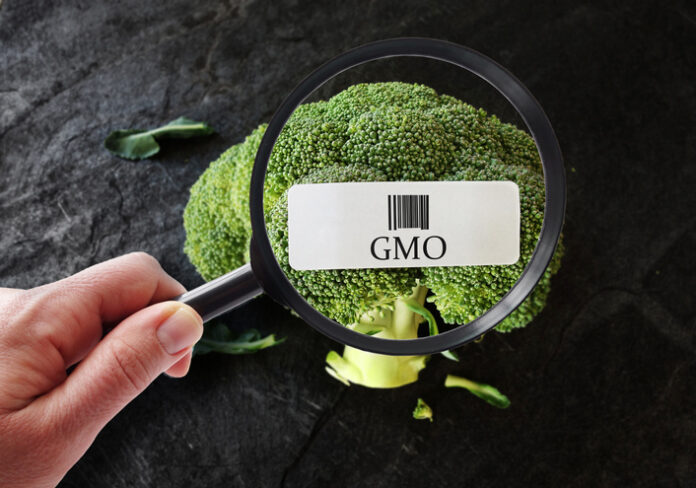The U.S. Department of Agriculture (USDA) issued a final rule to exempt some genetically edited plants from government oversight, in part by allowing automatic approval of variations of previously approved genetically modified (GM) crops.
Focusing on Characteristics, Not Process
The Sustainable, Ecological, Consistent, Uniform, Responsible & Efficient (SECURE) rule reduces regulatory hurdles to distinguish more efficiently between plant developments meriting regulatory oversight and those not needing regulation, by focusing on a plant’s properties instead of the way it was produced.
For example, if scientists use biotechnology to engineer a plant that could have been created using conventional means, the GM plant will be exempt from regulation based solely on the fact it was produced through genetic engineering, limiting the time spent waiting for regulatory approval before the crop can go to market. Other characteristics will still necessitate a regulatory review, and GM crops that could pose a plant pest risk will still be regulated.
The rule will also make it easier for researchers to create minor changes to GM crops, such as tailoring them for different climates. Previously, companies were required to ask USDA’s Animal and Plant Health Inspection Service (APHIS) to evaluate the risk of any new biotech crop they wished to commercialize, even if the changes were completed in the same way as crops already approved. Under the new rule, APHIS will not regulate new varieties of an already approved GM crop.
Expediting the Approval Process
The rule is expected to speed up the GM crop approval process, making it easier for such products to reach the market, in the process delivering cheaper and more abundant food resources, said Secretary of Agriculture Sonny Perdue in statement.
“USDA’s SECURE rule will streamline and modernize our regulatory system, facilitate science-based innovations, and provide our farmers with the tools they need to produce the world’s safest, most abundant and most affordable food supply, which will help us continue to ‘do right and feed everyone’—safely,” Perdue said.
Promoting Scientific Advancement
The Trump administration’s new rule will pave the way for scientific advancement, Kent Bradford, a plant geneticist at the University of California, Davis, told Science magazine.
“The main good thing is that it will allow certain aspects of gene editing to move forward,” Bradford said. “This makes everything hugely easier.”
The U.S. Environmental Protection Agency (EPA) is also developing its own rule to simplify and refocus its genetic modification regulations, which it plans on offering this summer, according to a statement from EPA Administrator Andrew Wheeler.
“EPA applauds USDA’s efforts to finalize the SECURE rule that will support our nation’s farmers,” Wheeler stated. “EPA is continuing our own efforts to safely reduce unnecessary regulations and further break down barriers to support advancements in biotechnology.”
USDA’s new rule should help farmers and consumers alike, said Zippy Duvall, president of the American Farm Bureau Federation, in a statement.
“At a time when agriculture is facing many economic headwinds, the science-based rule provides the opportunity to solve current and future challenges for agricultural production and food security,” Duvall stated. “This final rule will ensure the U.S. remains a leader in biotechnology while providing the safe, healthy and wholesome food supply America’s families deserve.”
Emma Kaden (EKaden@heartland.org) is an assistant editor at The Heartland Institute.


























